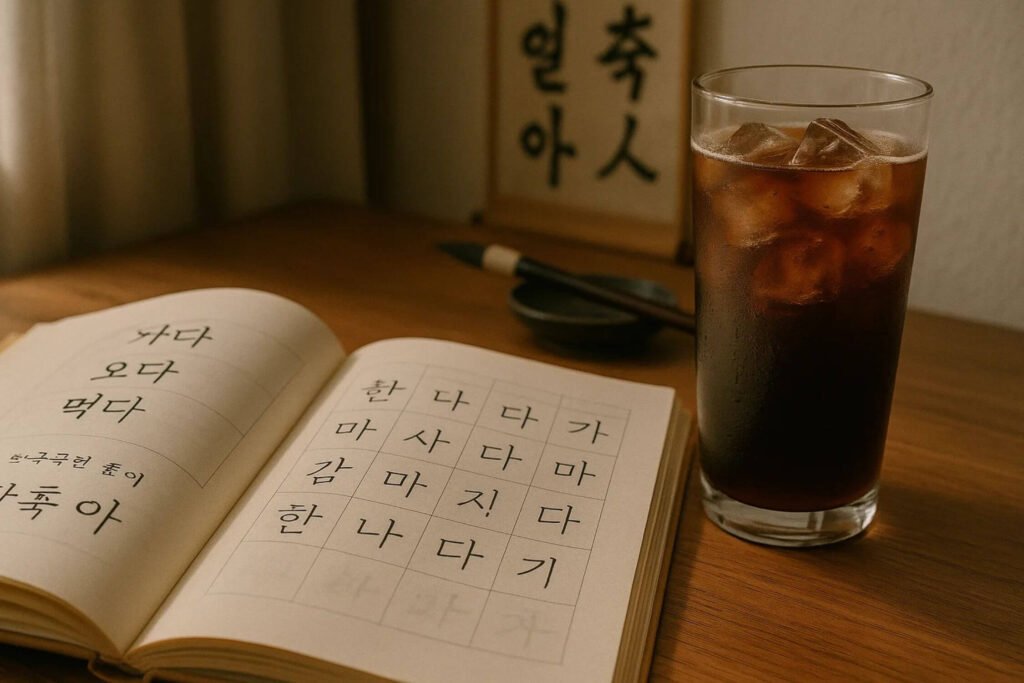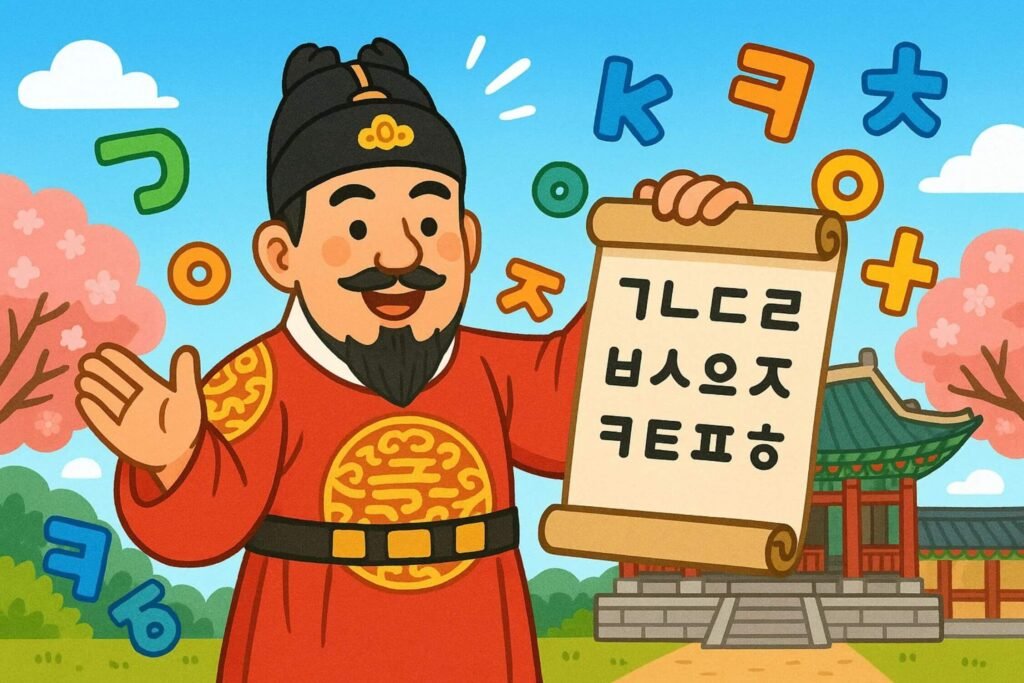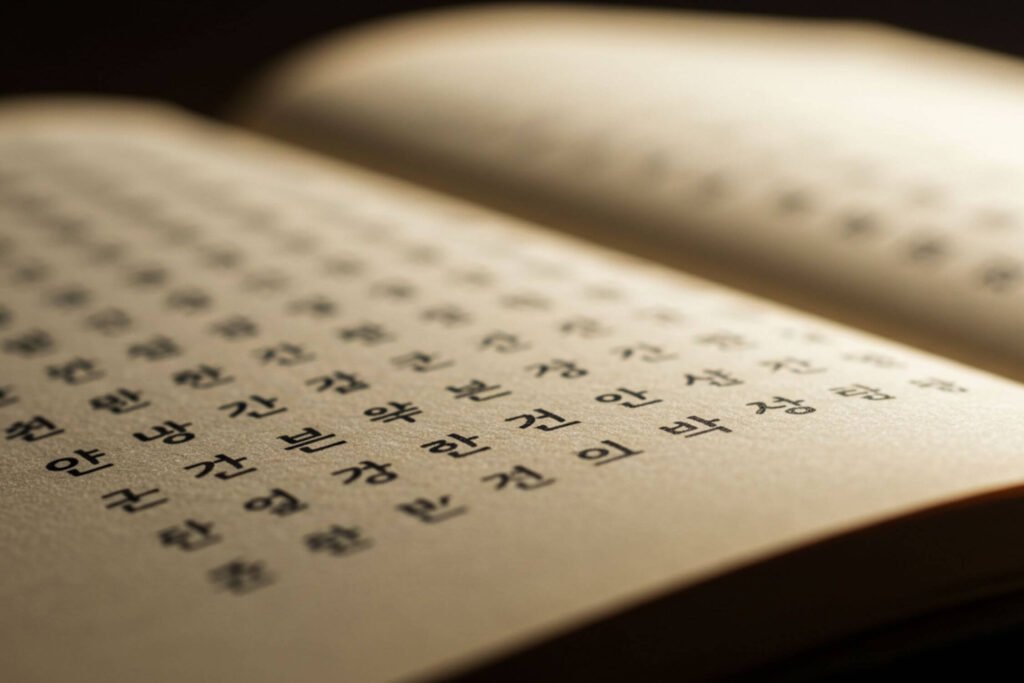The Korean language is full of depth, emotion, and nuance. As anyone who’s tried to learn it will quickly realize, there are countless Korean words that don’t quite translate neatly into English. These untranslatable words often reveal deep insights into Korean culture, relationships, and everyday life. They can express feelings, situations, or social dynamics that English simply can’t capture in a single word.
In this article, we’re diving into 10 beautiful and unique Korean words that have no direct English equivalent — and we’ll explain what each one really means. If you’re interested in Korean culture, language, or travel, understanding these terms will enrich your appreciation of Korea in a meaningful way.
1. 정 (Jeong)
Let’s start with a word that lies at the heart of Korean relationships — 정 (jeong). This term is notoriously difficult to define, but it refers to a deep emotional bond that develops over time between people. It’s not quite love, not quite friendship, and not just loyalty. Jeong is what keeps people connected through the ups and downs of life, especially in long-term relationships.
You can feel jeong between family members, friends, coworkers, or even your neighborhood convenience store owner if you’ve been going there for years. It’s emotional glue — subtle, enduring, and powerful. It often shows up in Korean dramas and real-life relationships alike, making it one of the most culturally significant Korean words.
2. 눈치 (Nunchi)
If jeong describes a kind of emotional closeness, 눈치 (nunchi) is all about reading the room. Nunchi refers to the art of sensing other people’s emotions, intentions, and social cues without them saying a word. It’s a kind of emotional intelligence that’s deeply ingrained in Korean society.
Having good nunchi means you know when to speak up, when to stay quiet, and how to act in a way that maintains harmony. It’s especially important in hierarchical environments like the workplace or school. If someone lacks nunchi, it might be socially awkward or even seen as rude. In many ways, nunchi plays a role in almost every social interaction in Korea.
3. 한 (Han)
Next is a word that embodies centuries of collective emotion. 한 (han) is a deeply cultural concept referring to a mix of sorrow, longing, regret, and suppressed resentment. It’s a kind of unresolved sadness that’s passed down through generations and often linked to Korea’s historical hardships, from colonization to war.
Han isn’t about personal sadness alone. It’s often described as a national sentiment — a collective feeling of pain mixed with perseverance. You’ll find it in Korean literature, art, music, and cinema. It’s why many Korean ballads sound heartbreakingly emotional even if you don’t understand the lyrics.
4. 답답하다 (Dapdap-hada)
Imagine trying to explain how you feel when you’re frustrated, mentally blocked, or emotionally suffocated — but not physically in danger. That’s exactly what 답답하다 (dapdap-hada) describes. It’s used when you feel emotionally constrained, stuck, or unable to express yourself fully.
You might feel dapdap-hada when you’re stuck in traffic, having a one-sided argument, or watching someone make a bad decision and being unable to help. It can also describe physical spaces that are too tight or airless, but most often, it captures emotional discomfort that’s hard to put into words.
5. 시원하다 (Siwon-hada)
On the flip side, 시원하다 (siwon-hada) expresses a refreshing feeling, but not just physically. While it can describe the cool sensation of drinking iced water on a hot day, it’s also used to convey emotional relief, like letting out a long-held sigh or solving a stressful problem.
It’s a word for when something just feels right, clean, or liberating. Koreans might use it after venting emotions, stretching out after a long day, or finally completing a big task. It’s a mix of physical and emotional refreshment, and English doesn’t have a perfect substitute for it.
6. 답정너 (Dapjeongneo)
In Korean internet slang, 답정너 (dapjeongneo) is a clever abbreviation of the phrase “답은 정해져 있고 너는 대답만 하면 돼,” which means “The answer is already decided; you just need to say it.” It refers to a person who asks for your opinion but has already made up their mind and expects you to agree.
You’ll see dapjeongneo used a lot in online discussions or when someone is fishing for validation. It can be lighthearted or slightly sarcastic, but it always points to someone who isn’t truly open to hearing other points of view. The fact that there’s a single word for this speaks volumes about social expectations in Korean communication.
7. 얼죽아 (Eoljuka)
If you’ve been to Korea during winter, you may have noticed people walking around in puffer jackets — holding iced Americanos. 얼죽아 (eoljuka) is a trendy slang term that stands for “얼어 죽어도 아이스 아메리카노,” which translates to “Iced Americano, even if I freeze to death.”
It’s a humorous expression that refers to people who are so committed to their iced coffee habit that they’ll drink it even in freezing temperatures. While it might sound ridiculous, it’s a surprisingly popular mindset among Koreans, especially young adults, and reflects their love for coffee culture.
8. 화이팅 (Hwaiting)
You’ve probably heard 화이팅 (hwaiting) in K-dramas, K-pop interviews, or during Korean sports events. While it may sound like “fighting,” it actually means “You can do it!” or “Good luck!” It’s a cheer of encouragement rather than a call to battle.
There’s no direct English equivalent for the emotional boost “hwaiting” gives. It’s often said before exams, big presentations, or any moment that requires courage and motivation. The word comes from a Konglish adaptation of the English word “fighting,” but its meaning has evolved into something uniquely Korean.
9. 내숭 (Naesung)
내숭 (naesung) refers to someone pretending to be more innocent, modest, or naive than they actually are, usually to gain favor or attention. It’s often associated with women who act coy or overly polite in front of men, but it can apply to anyone who’s putting on a false personality.
Naesung isn’t always meant to be negative. Sometimes it’s seen as part of traditional flirtation or playing it safe in new social settings. But in other cases, it might be called out as fake behavior. It’s a cultural concept that touches on gender roles, social expectations, and authenticity in Korean society.
10. 고생하다 (Gosaeng-hada)
Finally, we have 고생하다 (gosaeng-hada) — a verb that translates loosely to “suffer” or “endure hardship.” But it’s used in a very Korean way. When someone works hard, studies late, or finishes a difficult task, others might say, “고생했어요!” which means “You worked hard” or “Thank you for enduring it.”
This word reflects Korea’s strong work ethic and group-centered culture. It acknowledges that life involves hardship, and it offers respect for those who persevere through it. In English, we don’t really thank people for suffering, but in Korea, gosaeng-hada is a badge of honor.
Bottom line
Exploring untranslatable Korean words is a fascinating way to dive into Korean culture. It reveals how language shapes thought, emotion, and behavior. The more you learn, the more you realize how much depth and subtlety lie within even a single Korean word.
If you’re inspired to continue learning Korean or simply want to connect more deeply with Korean culture, start by paying attention to these kinds of terms. They’re more than vocabulary — they’re keys to understanding a whole new way of seeing the world.



